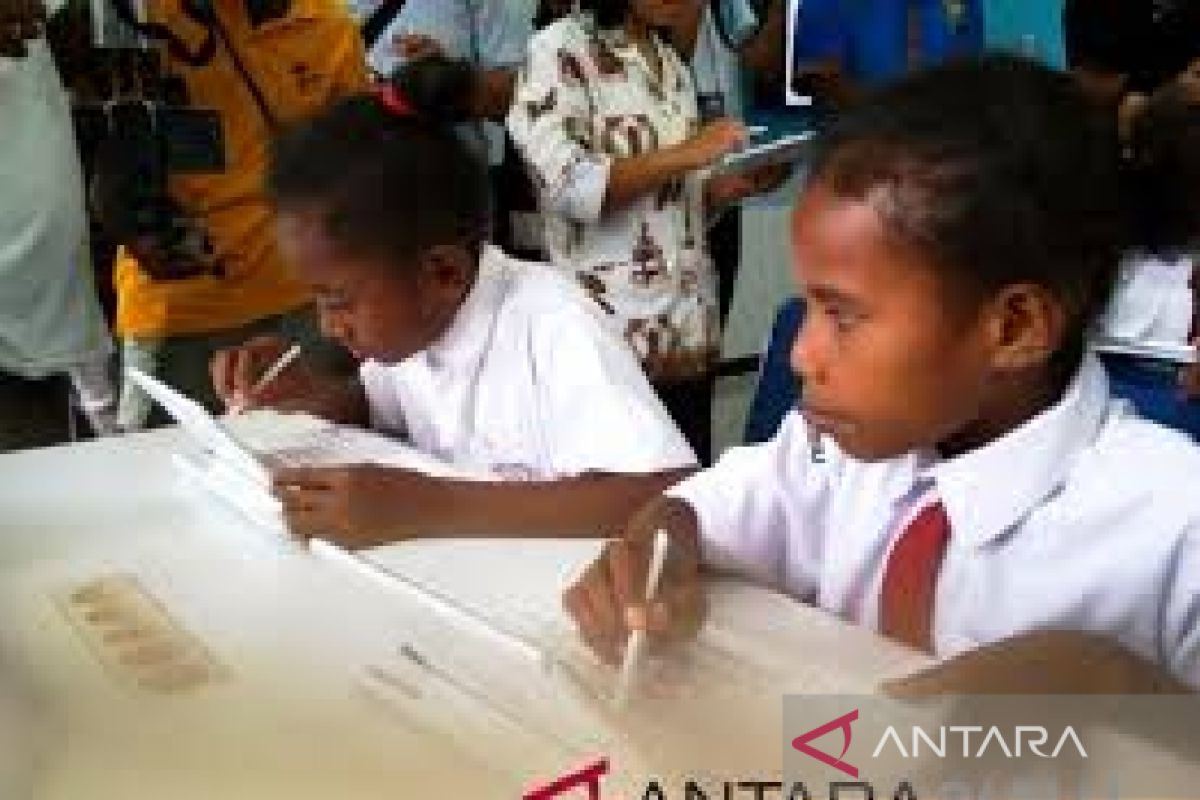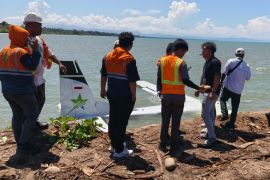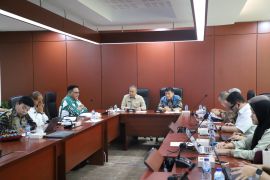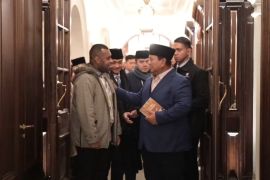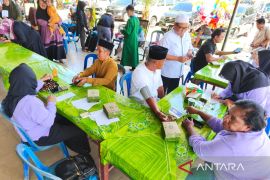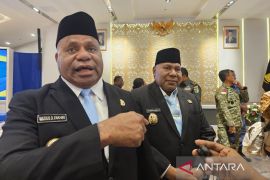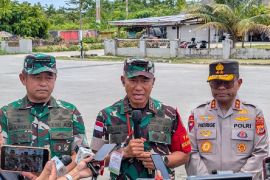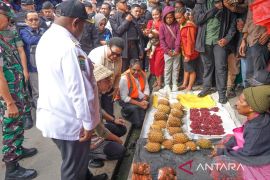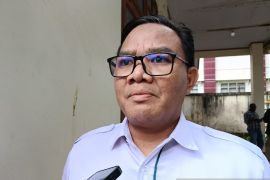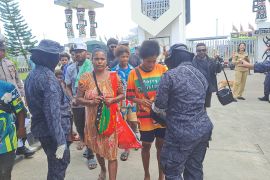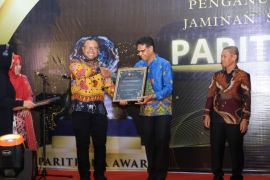This affirmative action program has won the central and Papua provincial governments' attention because quality education is believed to contribute to improving the quality of human resourcesJayapura, Papua (ANTARA) - The Papua administration has reiterated its commitment to improving the quality of human capital in the province by providing scholarships to at least three thousand native Papuans.
"As a result, they can pursue higher education under the scholarship schemes at reputable universities in Indonesia and abroad," head of the Papua Communication and Informatics Office, Jery Yudianto, said.
Thanks to this affirmative action program, many native Papuans can finish their higher education and become a part of the skilled workforce, he told ANTARA during an interview in Jayapura on Tuesday.
The scholarship recipients can finish their undergraduate, postgraduate, and vocational programs and become medical doctors and pilots, Yudianto added.
Papua Governor Lukas Enembe's education policy for native Papuans has helped improve the quality of human capital and allowed native Papuans to contribute to regional development, he said.
"This affirmative action program has won the central and Papua provincial governments' attention because quality education is believed to contribute to improving the quality of human resources," he added.
In this regard, the Ministry of Home Affairs recently sent a team to Papua to guarantee the budgeting and sustainability of scholarships for Papuan students studying in such countries as the US, Australia, and the UK.
In a statement issued on February 2, 2022, director general of regional financial development, Agus Fatoni, informed that the technical team had met with the Papua provincial government in Sentani, Jayapura.
Related news: Government to build 67 health centers in 2022, mostly in Papua
ANTARA has reported earlier about how the Indonesian government has consistently demonstrated its strong commitment to boosting the development of the country's eastern regions, including Papua and West Papua provinces.
The Papua special autonomy law has paved the way for fund flows from the central government to Papua and West Papua since 2001.
The Finance Ministry's data has indicated that during the implementation of the Papua special autonomy law, the government disbursed Rp138.65 trillion for Papua and West Papua as special autonomy funds and additional funds for infrastructure projects.
Meanwhile, the total regional transfer and village funds that the government distributed in the two provinces between 2002 and 2021 have been recorded at Rp702.3 trillion, according to People's Consultative Assembly (MPR) speaker Bambang Soesatyo.
Despite central funding, the two provinces are still struggling to improve the quality of their human capital, as evidenced by their scores on Indonesia's 2020 Human Development Index, which were below the national average of 71.94.
Statistics Indonesia (BPS) revealed that Papua and West Papua scored 60.44 and 65.09, respectively, on the index. Their scores were lower than Aceh province, which chalked up 71.94.
BPS data released in February this year further showed that the poverty rates in Papua and West Papua were recorded at 26.8 percent and 21.7 percent, respectively.
Development outcomes also remained inequitable for native Papuan communities as was apparent from their low income level and lack of access to education and health services, it said.
In the midst of this challenging reality, the government has hinted its intention to extend the allocation of special autonomy funds for Papua and West Papua by another two decades to accelerate endeavors to close the development gap and usher in prosperity for all communities in the region.
Related news: Indonesian government ensures scholarship continuity for Papuans
Related news: Government allocates US$5.9 billion for Papua for 2022
Translator: Muhsidin, Rahmad Nasution
Editor: Azis Kurmala
Copyright © ANTARA 2022
